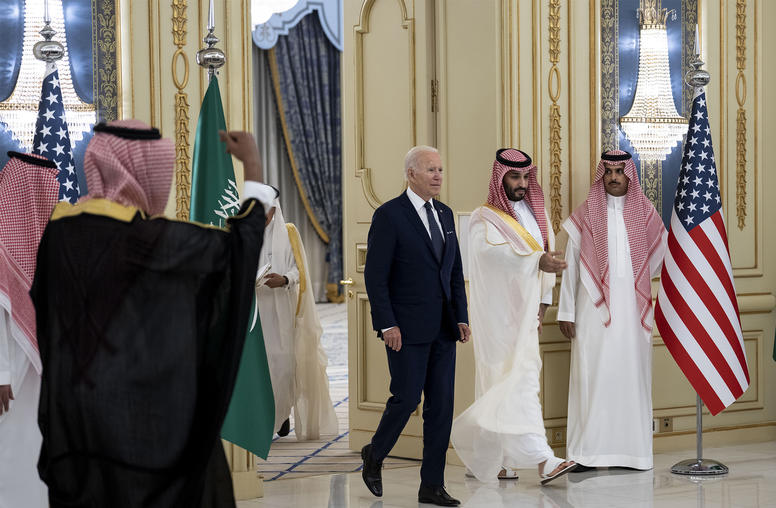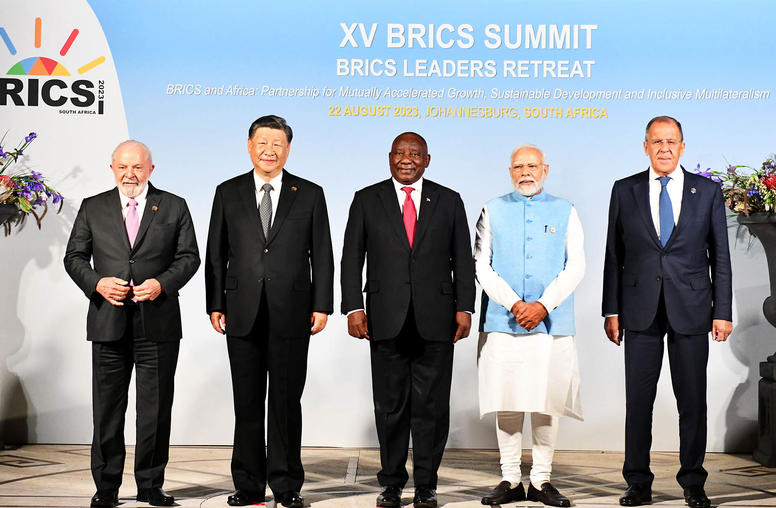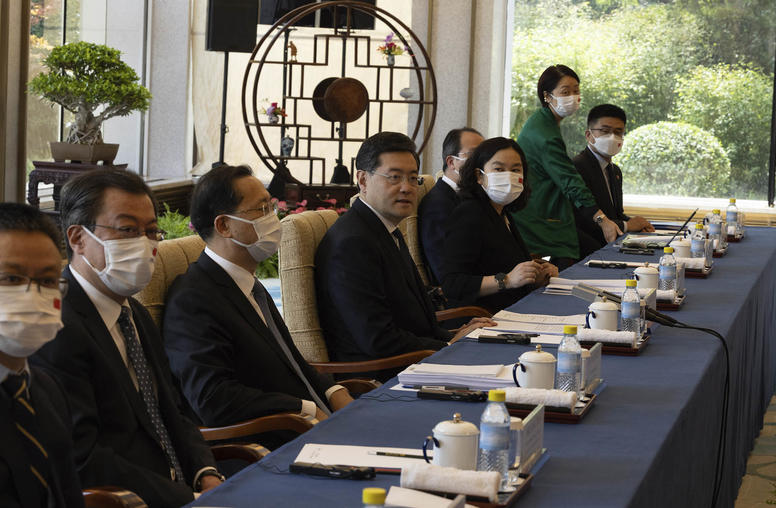Adam Gallagher
Contact
Please submit all media inquiries to interviews@usip.org or call 202.429.3869.
For all other inquiries, please call 202.457.1700
Adam Gallagher is the managing editor for Public Affairs and Communications at the U.S. Institute of Peace.
Most recently he was an editorial manager at the International Foundation for Electoral Systems and was previously with the Carnegie Endowment for International Peace’s Middle East Program. Gallagher has also worked as an analyst and writer at a defense consultancy monitoring local and international media reporting on Afghanistan. He has been an accredited election observer in Tunisia (2014), Burma (2015) and Liberia (2017).
His writing and analysis on U.S. politics, foreign policy and international relations has appeared in the Washington Post, the Hill, the National Interest, World Politics Review, the American Prospect, Small Wars Journal, the Diplomat, Voice of America, the Huffington Post, International Policy Digest, Indo-Asian News Service, the International Business Times and for the Carnegie Endowment for International Peace, the Woodrow Wilson International Center for Scholars, and the Urban History Association, among other outlets.
He has a bachelor’s degree in political science and philosophy from Ohio Northern University and a master’s degree in international relations from George Mason University.




